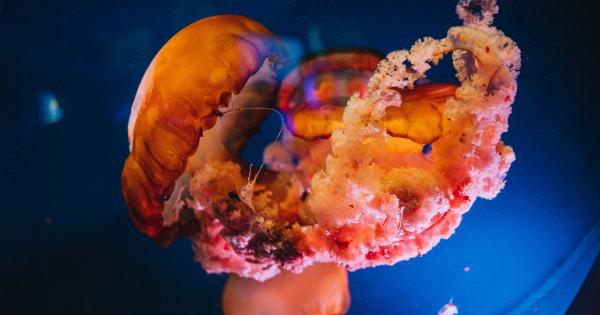Indian hemp, also commonly known as marijuana or cannabis, is a popular recreational drug that is widely used worldwide.
With increasing legalization and acceptance, its use has become more prevalent, leading to concerns about potential risks, especially for individuals with psychosis. Psychosis is a psychiatric condition characterized by a loss of touch with reality, hallucinations, delusions, and impaired thinking and behavior.
This article explores the potential dangers and adverse effects of using Indian hemp for individuals with psychosis.
1. Increased Risk of Developing Psychotic Disorders
A growing body of research suggests a link between cannabis use and the development of psychotic disorders, such as schizophrenia.
Long-term use of Indian hemp, particularly in high doses and at a young age, may increase the risk of developing psychotic symptoms. The psychoactive compound in cannabis, delta-9-tetrahydrocannabinol (THC), is believed to play a significant role in this association.
2. Exacerbation of Psychotic Symptoms
For individuals already diagnosed with a psychotic disorder, the use of Indian hemp may worsen the symptoms and increase the frequency and intensity of psychotic episodes.
Research has shown that cannabis use can trigger hallucinations, paranoia, and delusions in individuals with existing psychosis. Additionally, it can lead to cognitive impairments and hinder the effectiveness of antipsychotic medications.
3. Impaired Cognitive Functioning
Regular and heavy use of cannabis has been associated with cognitive impairments, including difficulties with attention, memory, and executive functioning.
Individuals with psychosis already experience cognitive deficits, and the use of Indian hemp can further exacerbate these impairments, making it more challenging to carry out daily activities and engage in effective treatment.
4. Negative Interactions with Medications
Many individuals with psychosis rely on prescribed medications, such as antipsychotics, to manage their symptoms and achieve stability.
However, cannabis use can interact negatively with these medications, reducing their efficacy and compromising treatment outcomes. It is crucial for individuals with psychosis to discuss their cannabis use with their healthcare providers to ensure proper monitoring and adjust medication plans if needed.
5. Increased Risk of Relapse
Substance abuse, including cannabis use, is a significant risk factor for relapse in individuals with psychosis.
Using Indian hemp can disrupt an individual’s recovery process, increase cravings, and trigger a range of psychological and emotional distress, potentially leading to a relapse in symptoms. Maintaining abstinence from cannabis is often an essential component of treatment for individuals with psychosis.
6. Impairment in Social and Occupational Functioning
Indian hemp use can significantly impair social and occupational functioning for individuals with psychosis. Excessive cannabis use can lead to a loss of motivation, decreased productivity, and problems with interpersonal relationships.
This, in turn, may hinder an individual’s ability to engage in meaningful activities, pursue employment opportunities, and maintain healthy personal connections.
7. Increased Risk of Substance Dependence
Cannabis use, including Indian hemp, can lead to substance dependence or addiction.
Individuals with psychosis are already more vulnerable to substance abuse, and the psychoactive properties of cannabis can increase the likelihood of developing a dependency. Substance dependence further complicates the treatment process and increases the overall burden on individuals with psychosis.
8. Legal Ramifications
While the legal landscape surrounding cannabis is evolving in many regions, it is essential to consider the potential legal ramifications associated with its use.
In several jurisdictions, possessing and using Indian hemp remains illegal, and individuals with psychosis may face legal consequences that can complicate their treatment, recovery, and overall well-being.
9. Financial Burden
Regular use of Indian hemp can impose a significant financial burden on individuals with psychosis. The costs associated with purchasing cannabis, particularly if it is obtained illegally or in large quantities, can strain financial resources.
This financial strain may limit accessibility to essential treatments, therapy sessions, and other necessary supports for managing psychosis effectively.
10. Lack of Regulation and Quality Control
As the use of cannabis expands, concerns regarding the lack of regulation and quality control become increasingly relevant.
Indian hemp obtained from unreliable or illegal sources may be contaminated with harmful substances or pesticides, posing additional health risks for individuals with psychosis. The inconsistency in the potency of THC across different strains and products adds another layer of unpredictability and potential harm.
Conclusion
While Indian hemp may be used recreationally by many individuals without adverse effects, it poses potential dangers for those with psychosis.
The association between cannabis use and the development or exacerbation of psychotic symptoms warrants caution and careful consideration.
For individuals with psychosis, it is crucial to prioritize their mental health, seek appropriate treatment, and engage in open and honest discussions with healthcare providers to understand the potential risks and make informed decisions regarding cannabis use.































